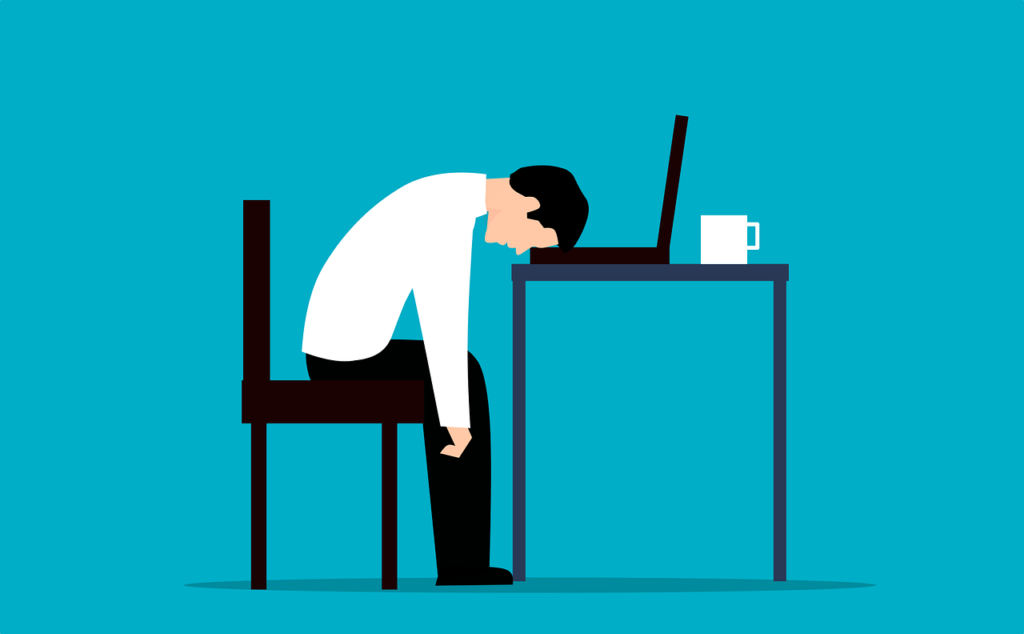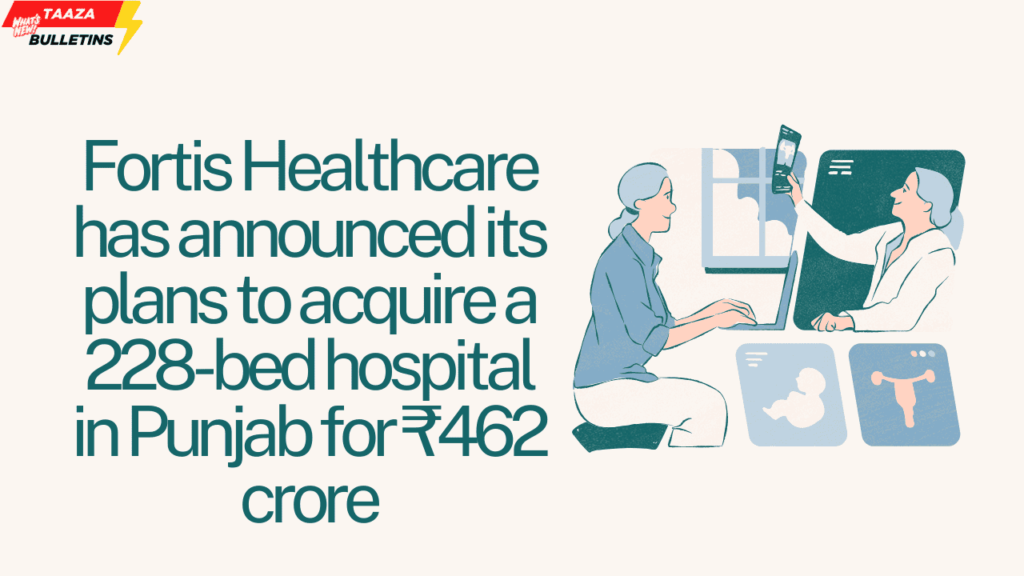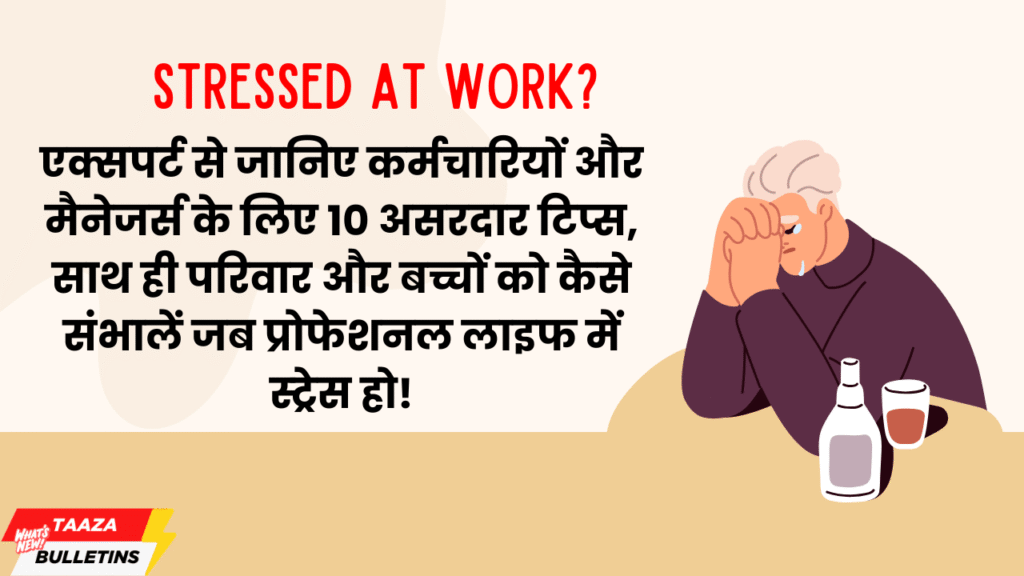Generation Z (born between 1997–2012) faces unprecedented mental health challenges.
Table of Contents
Mental health and well-being are crucial elements of an individual’s overall life experience. They play a vital role in enabling us to manage life’s challenges, make informed decisions, cultivate relationships, and lead a fulfilling life. Therefore, prioritizing mental health in both personal and professional spheres is imperative. Nevertheless, in the face of a rapidly evolving world, mental health often becomes a secondary concern. A McKinsey survey indicates that nearly 60% of employees have faced mental health challenges at some point in their lives.

Generation Z places a strong emphasis on mental health and well-being, potentially becoming the first generation to prioritize these issues to such a degree and to engage in open discussions about them. The increasing recognition of mental health among Gen Z signifies a notable transformation in attitudes and strategies regarding mental well-being. This blog will explore the significance of mental health for Gen Z and provide strategies to enhance mental health and well-being in the workplace.
The Importance of Mental Health in the Workplace
The well-being of employees is fundamental to their productivity and, consequently, the success of a business. Beyond boosting productivity, a positive mental health environment at work is likely to enhance engagement and creativity, lower turnover rates, and improve employee retention. The significance of mental health in the workplace is especially pertinent for Gen Z, who are currently entering and redefining the workforce. The distinct perspectives and requirements of this generation underscore the necessity of prioritizing mental health in contemporary work settings.
Enhanced Employee Well-being
The connection between mental health and physical well-being is significant. Employees who maintain good mental health are less susceptible to stress-related issues. Furthermore, a resilient workforce is cultivated when employees are better prepared to handle challenges and stressors in their work environment.
In the contemporary, interconnected landscape, Generation Z encounters distinct mental health challenges stemming from their continuous digital interactions. The widespread adoption of smartphones and social media platforms has been associated with heightened levels of anxiety, depression, and sleep issues among young people. For example, prolonged screen exposure frequently results in feelings of sadness and self-comparison, which can negatively impact overall mental health.
Notwithstanding these difficulties, Generation Z exhibits a proactive stance towards mental health. They are more inclined than earlier generations to engage with digital wellness applications and mental health initiatives, actively seeking out accessible tools to alleviate stress and enhance their well-being.
Nevertheless, the efficacy of these digital resources is inconsistent. Research reveals that Generation Z expresses lower satisfaction with tele-behavioral health services in comparison to older cohorts, underscoring the necessity for customized strategies that align with their unique experiences and preferences.
To effectively bolster and enhance the mental health of Generation Z, it is crucial to formulate strategies that tackle the specific challenges posed by a digitally dominated environment. This involves developing engaging and relatable mental health resources, as well as encouraging open dialogues to diminish stigma. By recognizing and addressing these elements, we can provide more effective support for Generation Z as they navigate their mental health journeys.
A Positive Workplace Culture

When both leadership and employees prioritize mental health, it fosters an inclusive and supportive atmosphere. This can lead to heightened employee morale and a stronger sense of community within the workplace. By promoting transparency regarding mental health, organizations can reduce the stigma surrounding mental health issues, facilitating access to necessary support for employees.
Enhanced Organizational Performance
Organizations that emphasize mental health often experience superior overall performance, which encompasses enhanced customer service, increased revenue, and improved brand reputation. As a result, companies that invest in mental health initiatives can distinguish themselves in the market, attracting top talent who appreciate a nurturing work environment.
Reduced Absenteeism
Employees who have access to mental health resources are less likely to take time off due to illness. This reduction in absenteeism also decreases associated costs. Additionally, mental health challenges can lead to presenteeism, where employees are physically present but lack engagement or productivity. Addressing mental health can mitigate these occurrences and enhance overall workforce participation.
Strategies for Enhancing Mental Health and Well-being for Gen Z
Mental health and well-being are crucial for thriving in both professional and personal spheres. Given the impact of technological advancements, remote work settings, and ongoing economic changes, Gen Z workers are particularly vulnerable to mental health challenges. Here are several strategies for Gen Z to enhance their mental health and overall well-being.
Why Gen Z is More Impacted by Mental Health Issues
1. Digital Overload and Social Media
- Comparison Culture: Platforms like Instagram and TikTok amplify unrealistic standards of success, beauty, and lifestyle. A 2023 study in JAMA Pediatrics found that teens spending >3 hours/day on social media face double the risk of depression.
- Cyberbullying: 45% of Gen Z reports experiencing online harassment (Pew Research, 2022).
- FOMO (Fear of Missing Out): Constant connectivity creates anxiety about being excluded.
2. Economic and Societal Pressures
- Financial Instability: Student debt, inflation, and a competitive job market contribute to chronic stress. 73% of Gen Z worries about financial security (McKinsey, 2023).
- Climate Anxiety: 68% feel “extremely worried” about climate change (Lancet Planetary Health, 2023).
- Pandemic Fallout: COVID-19 disrupted education, social connections, and career prospects, exacerbating isolation.
3. Stigma vs. Openness
While Gen Z is more likely to discuss mental health openly, stigma persists in workplaces and families. A 2023 APA survey found that 56% of Gen Z fear judgment for seeking therapy.
Where Gen Z Lacks: Gaps in Coping Mechanisms
- Emotional Resilience: Over-reliance on digital validation reduces self-efficacy.
- Access to Resources: Marginalized groups (LGBTQ+, BIPOC) face barriers to affordable care.
- Work-Life Balance: Burnout is normalized in hustle culture.
Strategies for Managing Mental Health
1. Digital Detox and Mindful Tech Use
- Action: Schedule daily screen-free hours. Apps like Freedom or StayFocusd block distracting sites.
- Research: A 2023 JMIR Mental Health study found a 30% reduction in anxiety after a 7-day social media break.
2. Building Emotional Resilience
- Mindfulness Practices: Apps like Headspace or Calm offer guided meditation.
- Journaling: Writing down stressors helps process emotions (APA, 2022).
3. Professional Support
- Therapy: Online platforms like BetterHelp or Talkspace provide accessible care.
- Peer Support: Group therapy or apps like 7 Cups connect users with trained listeners.
4. Community and Advocacy
- Join Causes: Climate action or mental health advocacy groups reduce helplessness.
- Local Meetups: Platforms like Meetup.com foster in-person connections.
5. Systemic Change
- Demand Workplace Mental Health Policies: 64% of Gen Z prioritizes employers offering mental health days (Deloitte, 2023).
- Push for Policy Reforms: Lobby for school-based mental health programs and insurance coverage.
The Cure: A Dual Approach
- Individual Level:
- Prioritize sleep, nutrition, and physical activity.
- Practice self-compassion and set boundaries.
- Systemic Level:
- Governments and institutions must fund mental health initiatives.
- Schools should teach emotional intelligence and coping skills.
Reference: WHO’s 2023 guidelines emphasize integrating mental health into public health policies.
FAQs: Addressing Common Concerns
Q1: Why is Gen Z’s mental health worse than previous generations?
A: A combination of digital saturation, economic uncertainty, and global crises (climate, pandemic) uniquely strain Gen Z.
Q2: What’s the best cure for anxiety or depression?
A: There’s no one-size-fits-all solution, but therapy, medication (if needed), and lifestyle changes (e.g., exercise, mindfulness) are proven effective.
Q3: How can I manage stress daily?
A: Use the “5-4-3-2-1” grounding technique: Name 5 things you see, 4 you feel, 3 you hear, 2 you smell, and 1 you taste.
Q4: How do I convince someone to seek help?
A: Approach them with empathy, share resources, and offer to accompany them to a therapist.
References:
- American Psychological Association (APA). (2023). Stress in America Survey.
- Lancet Planetary Health. (2023). Climate Anxiety in Youth.
- JMIR Mental Health. (2023). Digital Detox Outcomes.





